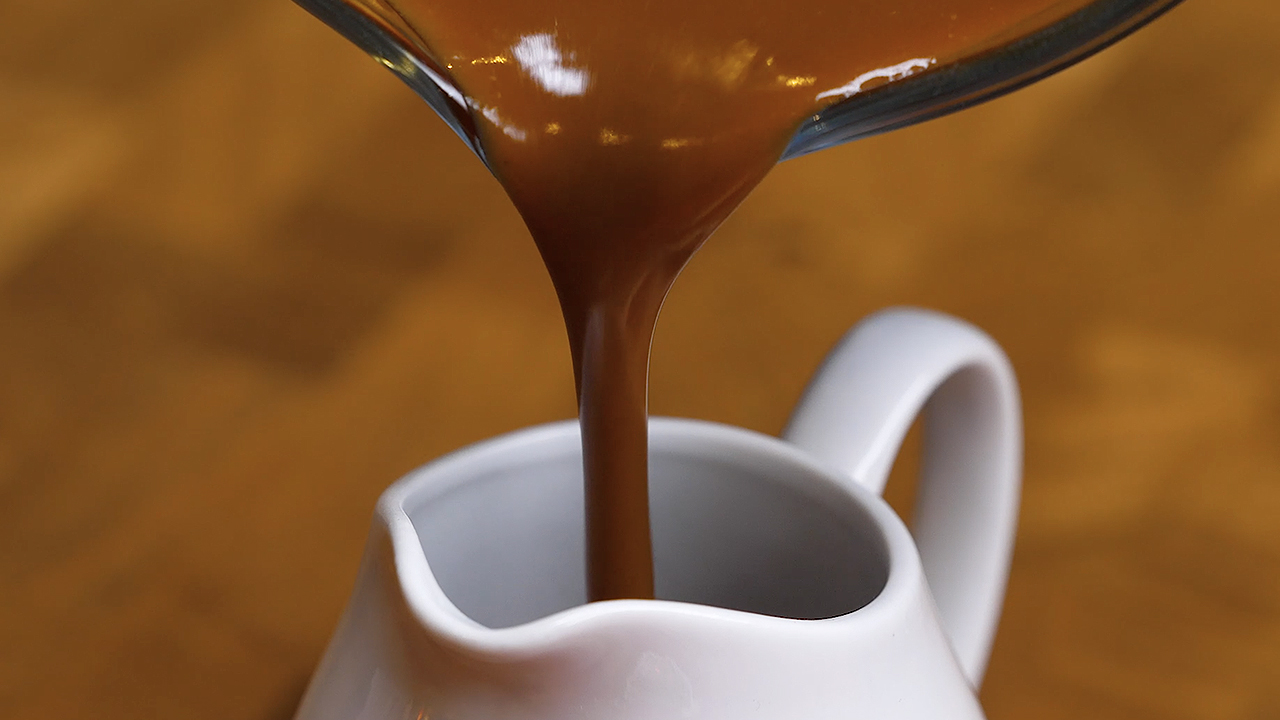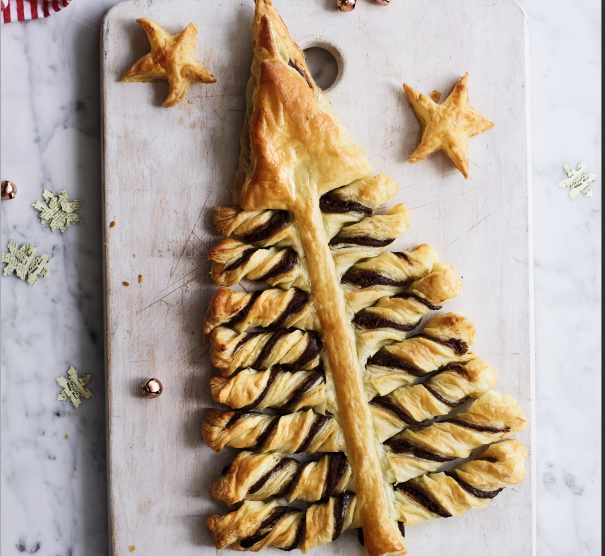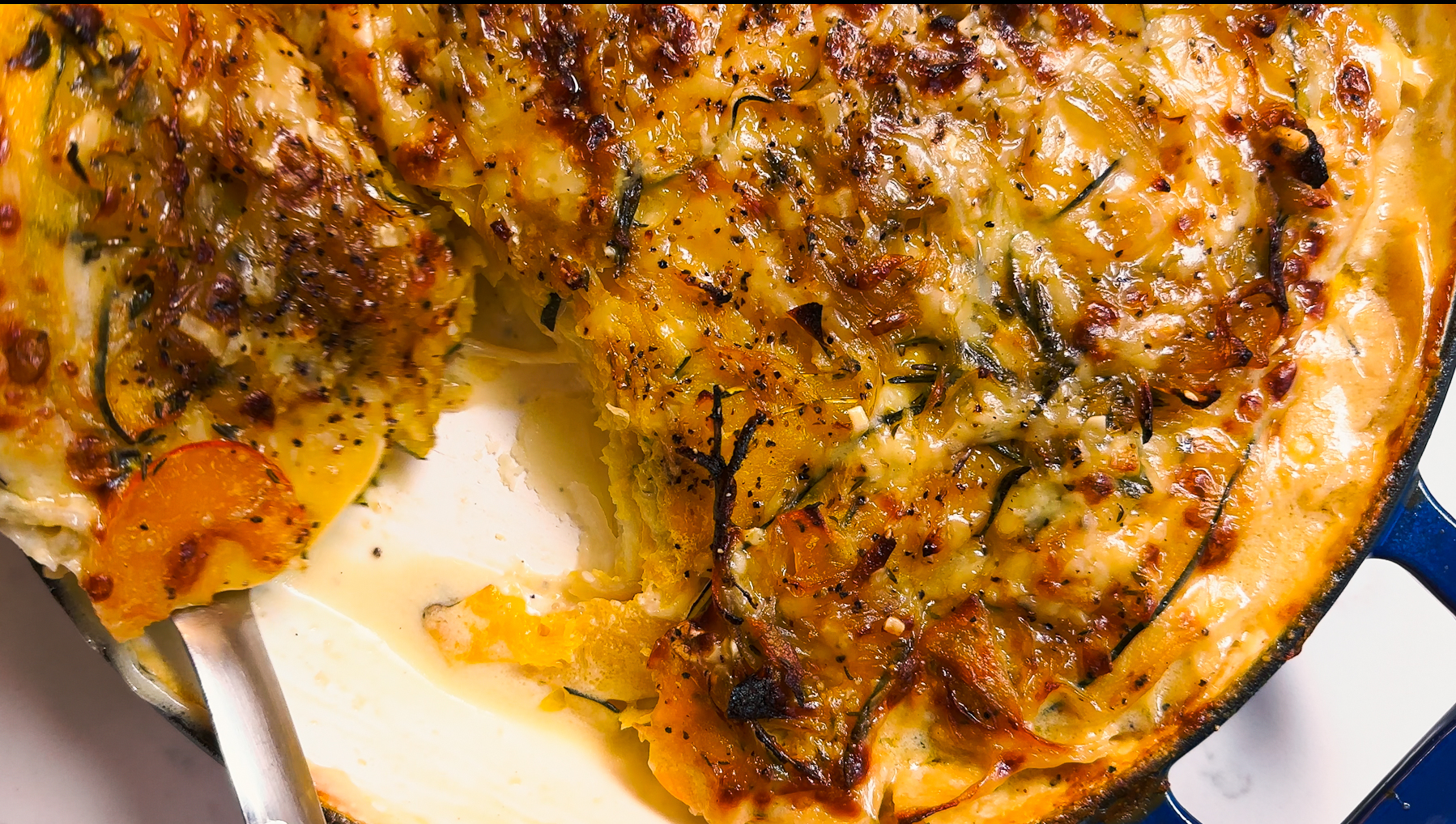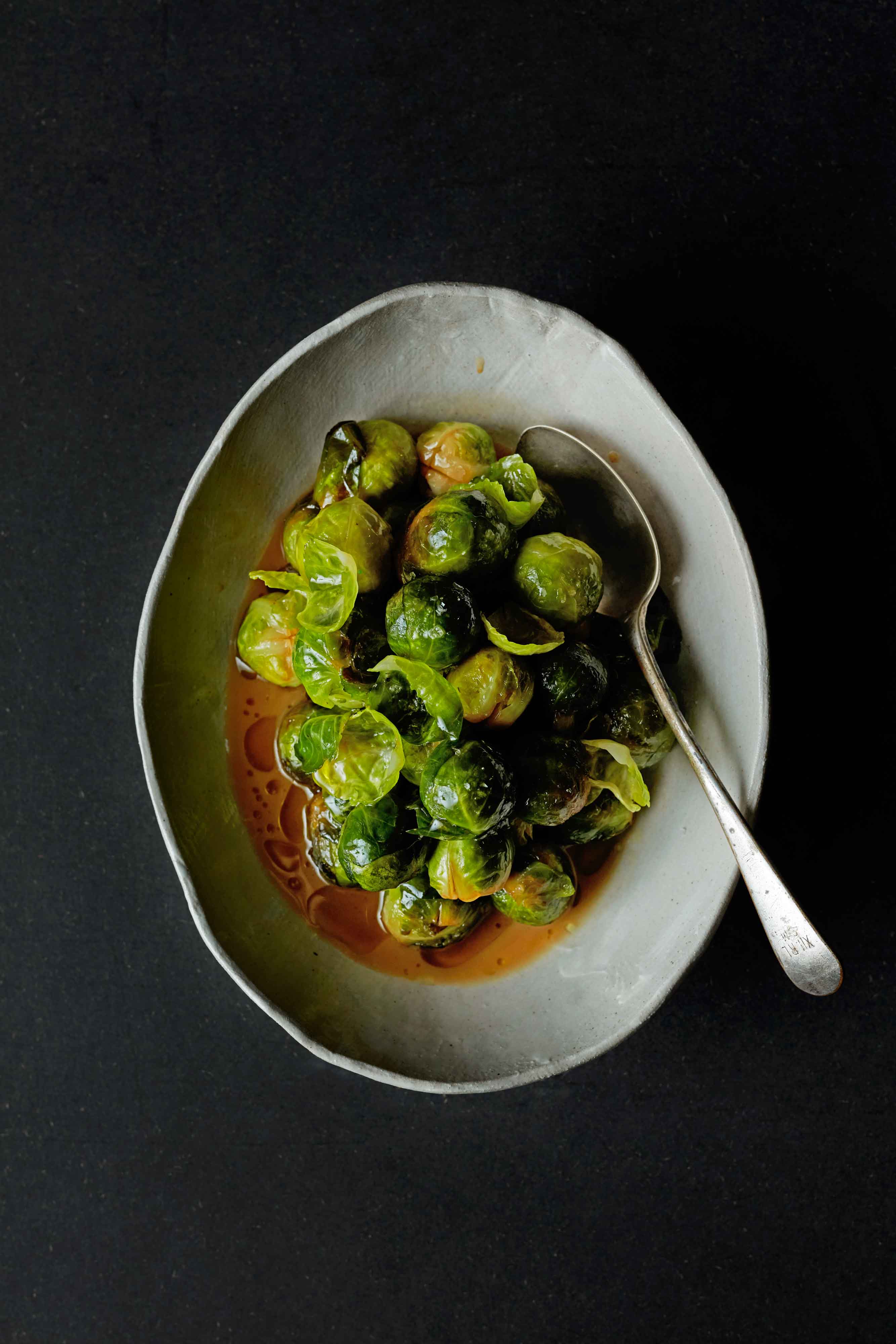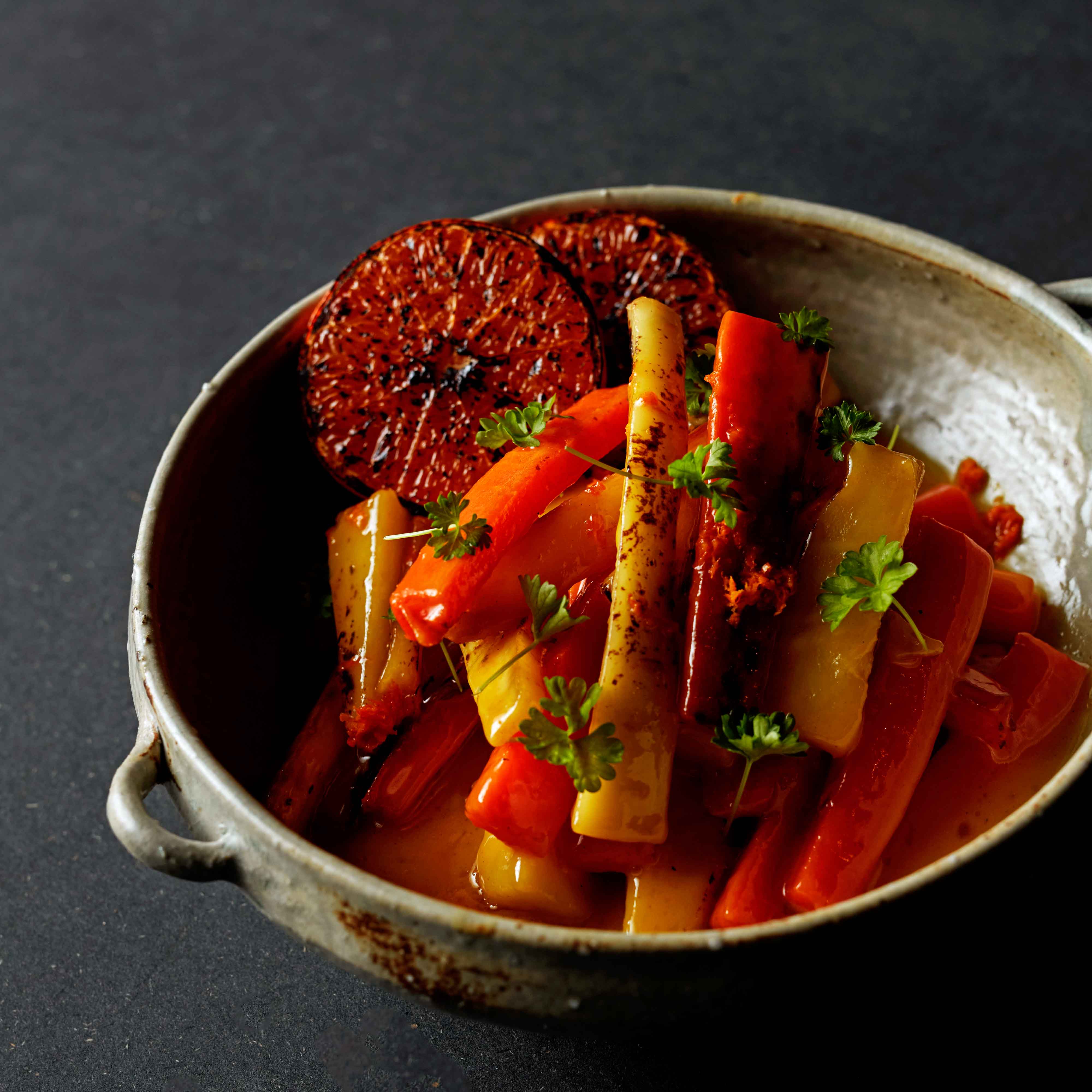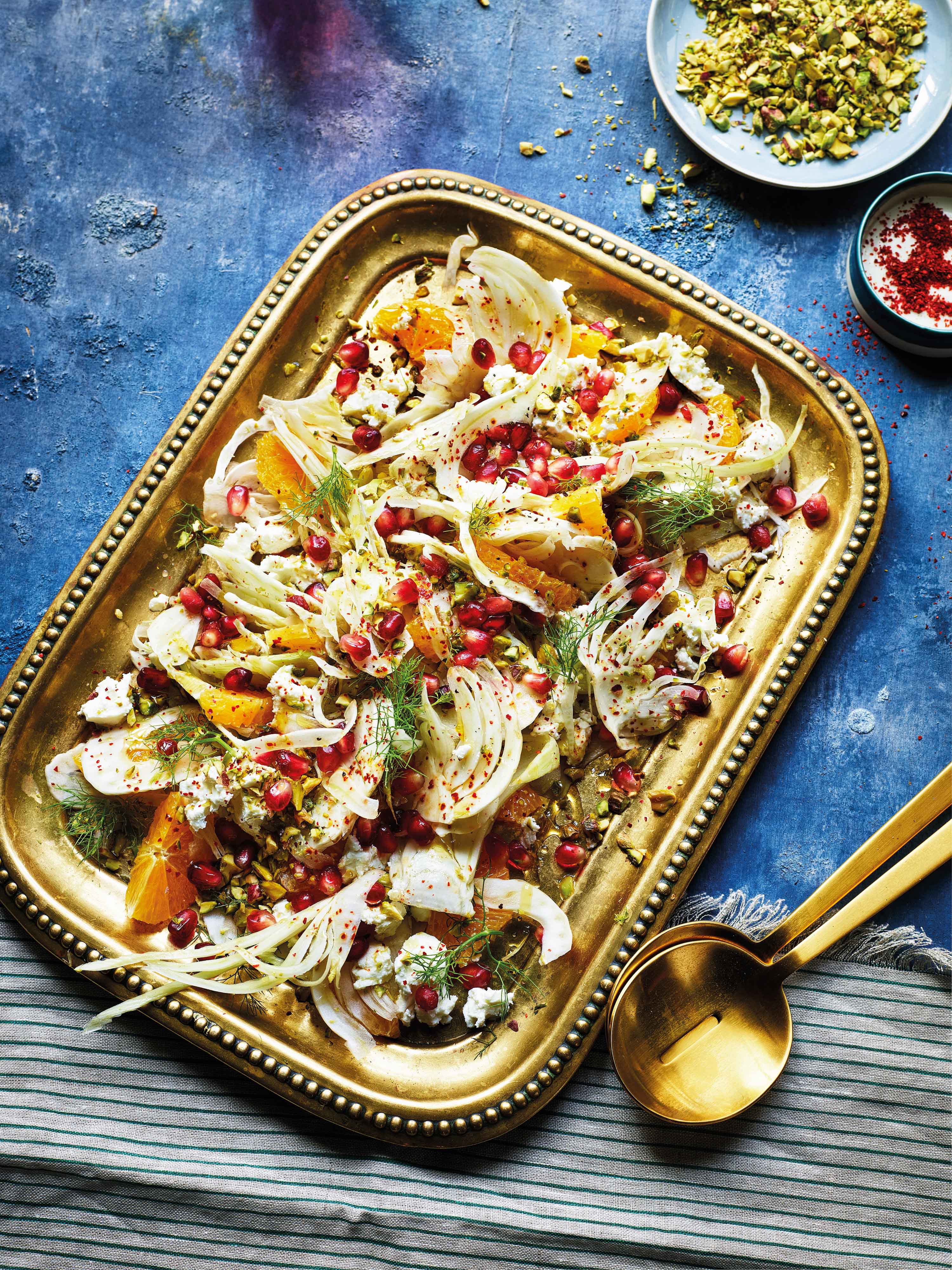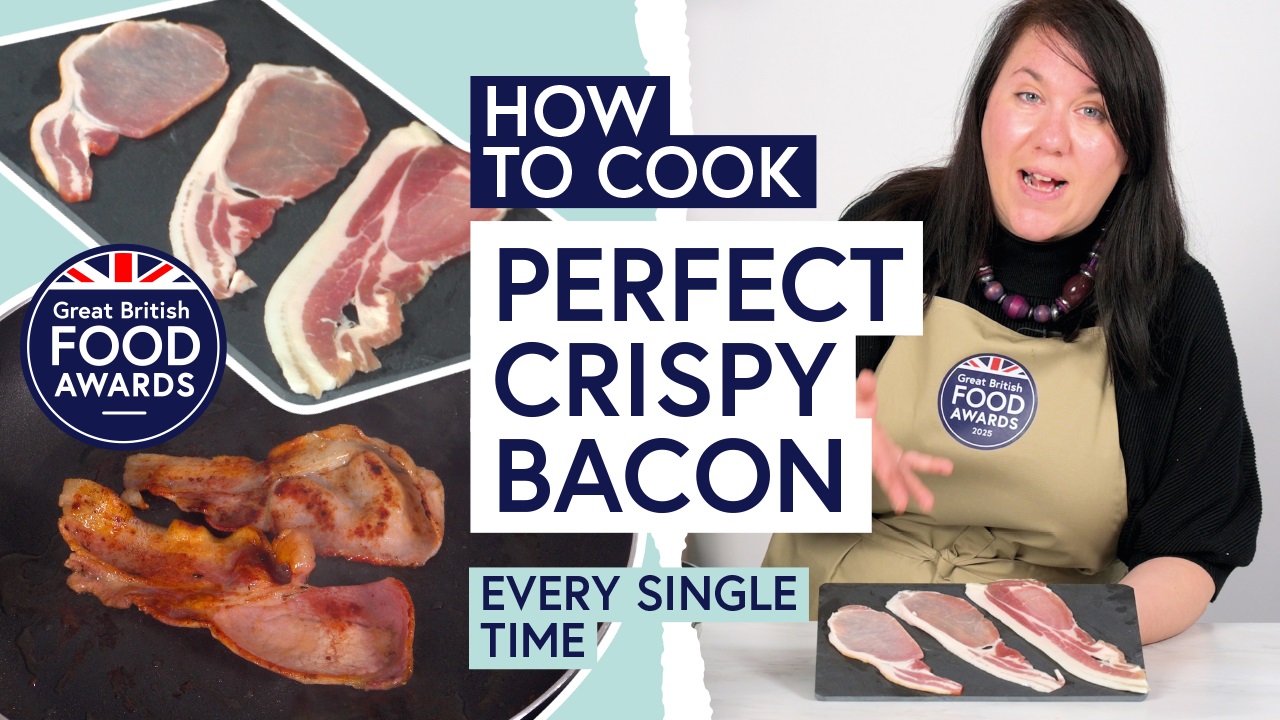Marcus Wareing’s Ultimate Roast Potatoes
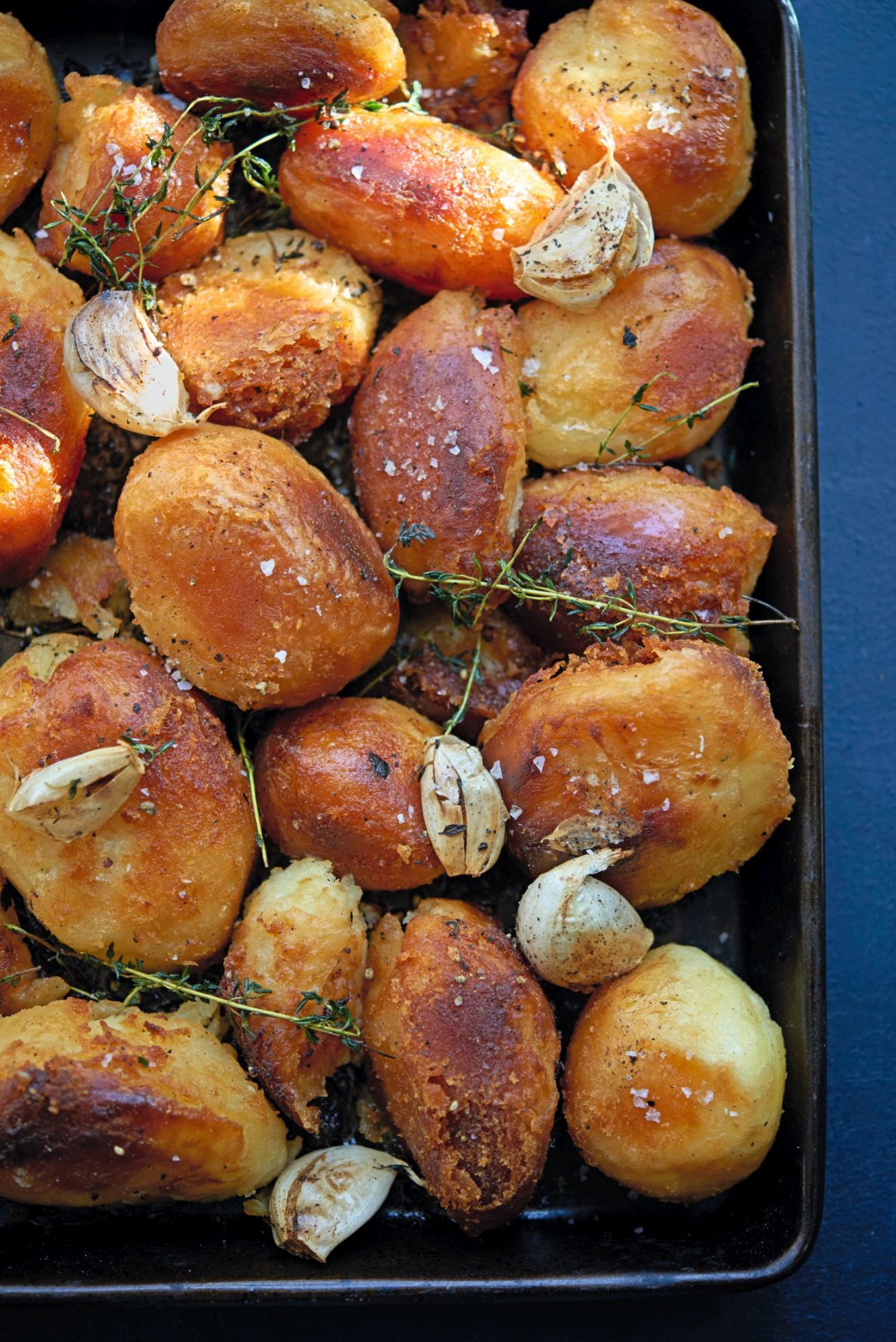
MasterChef: The Professionals judge Marcus Wareing puts a Michelin spin on everyone's favourite Christmas side dish
10 minutes, plus cooling time prep, 1 hour, 30 minutes cook
Serves 6
Ingredients
18 potatoes, about 140g each, peeled
300g duck fat
300ml vegetable oil
½ bunch of thyme
6 garlic cloves, bashed
Sea salt and freshly ground black pepper
Method
Place the potatoes in a large pan of water. Season well, bring to the boil, then turn down to a simmer and cook for 18–20 minutes, until a knife inserted meets only a small amount of resistance (they shouldn’t be soft all the way through).
This parboiling part of the process is crucial, as it’s what makes them fluffy once you put them in a really hot tray of oil.
Drain the potatoes then place 4 or 5 back into the pan and cover with a lid. Shake vigorously until all edges of all potatoes have been roughed up. Repeat until all potatoes have been shaken.
Spread the potatoes out in a single layer on a tray. Allow to cool to help them dry out.
When the potatoes have cooled, preheat the oven to 240°C/Fan 220°C/Gas 8. Remove all oven racks except the middle one, so you can have easy access to that rack.
Place the duck fat and vegetable oil into a deep roasting tin and place the tin in the centre of the oven for 15 minutes. Turn the heat down to 220°C/Fan 200°C/Gas 7 then open the oven door and carefully remove the tin.
Using a pair of tongs, carefully place the potatoes in the hot fat. Add the thyme and garlic and season with salt and pepper. Place the tin back in the centre of the oven and roast the potatoes for 40–50 minutes, carefully turning them every 15 minutes
When the potatoes are golden, place a colander above a bowl and, using tongs, with the roasting tin still in the oven, transfer the potatoes to the colander. If you do not need to use the oven, leave the door ajar for the hot fat to cool before removing.
If you do need the oven, be very careful when removing the hot fat-filled tin.
Recipe taken from Marcus Everyday by Marcus Wareing (£20, HarperCollins) Photography by Susan Bell
Visit websiteMore recipes to try
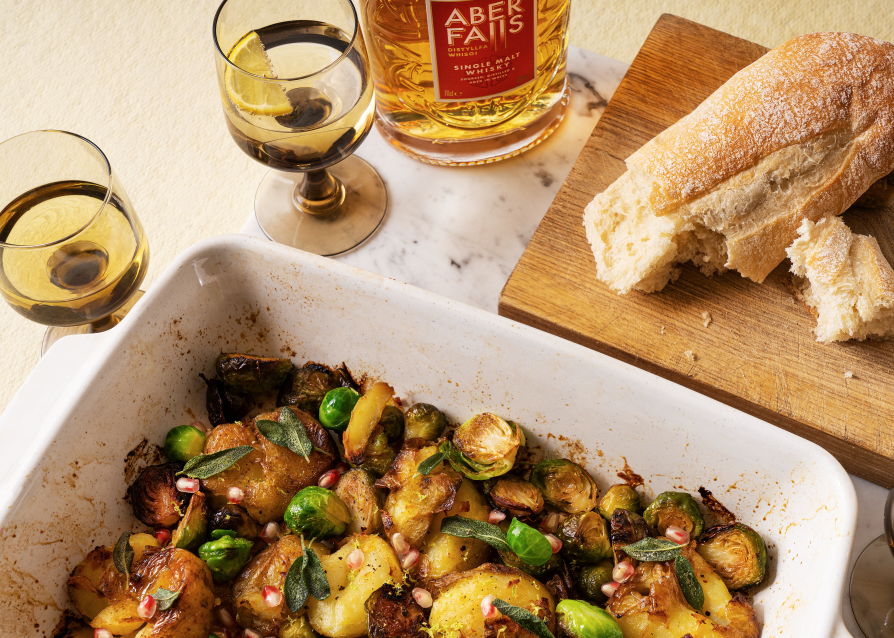
20 minutes
Serves 4
Great British Food Awards
Tasting videos
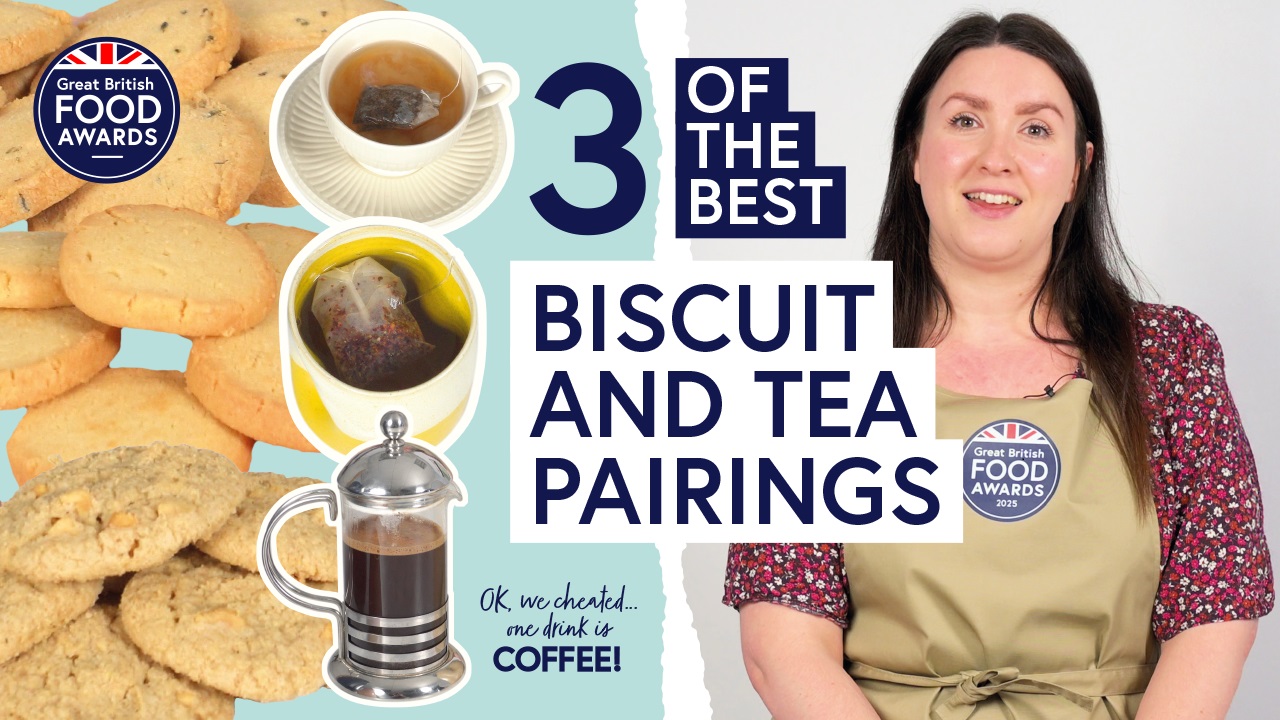
3 of the best biscuit and tea pairings
Treat yourself by discovering three decadent ways to match award-winning biscuits with tea
